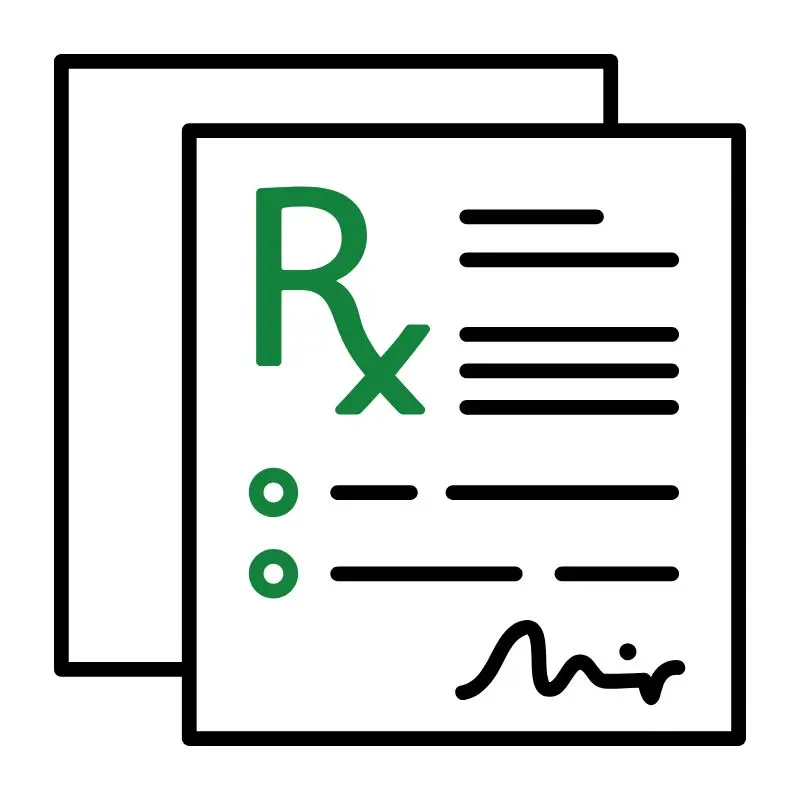
How It Works
Fill in the Online Questionnaire
Simply chose your treatment, fill in the online questionnaire and complete the checkout process.
We dispense your medication
Once our prescriber approves your order we dispense and prepare your medication.
Delivered straight to you
We then dispatch your order and have it delviered to you so you can sit back and relax while we take care of your medication needs.
What our patients are saying
Registered Pharmacy. based in Central London
All our medicines are sourced from MHRA approved suppliers.
We are fully insured by the National Pharmacy Assoiciation
Wide Range of Treatments
Same Day Delivery Options
Secure & Discreet Treatments
Our in-house Pharmacy Team
Frequently asked questions
What is diclofenac potassium?
Diclofenac potassium is a nonsteroidal anti-inflammatory drug (NSAID) used to relieve pain, inflammation, and swelling. It is commonly prescribed for conditions like arthritis, muscle injuries, and other acute pain scenarios.
How do diclofenac potassium tablets work?
Diclofenac potassium tablets work by inhibiting the cyclooxygenase (COX) enzymes, which are involved in the production of prostaglandins. Prostaglandins cause inflammation, pain, and fever. By reducing their production, diclofenac helps alleviate these symptoms.
What conditions are treated with diclofenac potassium tablets?
Diclofenac potassium tablets are used to treat a variety of conditions, including osteoarthritis, rheumatoid arthritis, ankylosing spondylitis, acute muscle pain, back pain, dental pain, and menstrual cramps.
How should I take diclofenac potassium tablets?
Take diclofenac potassium tablets exactly as prescribed by your doctor. Usually, they are taken with a full glass of water, and it is recommended to take them with food or milk to prevent stomach upset. Do not lie down for at least 10 minutes after taking the medication.
What are the common side effects of diclofenac potassium tablets?
Common side effects may include stomach pain, nausea, heartburn, diarrhea, constipation, dizziness, and headache. If you experience severe side effects like chest pain, difficulty breathing, slurred speech, or swelling of the face or limbs, seek medical attention immediately.
Can I take diclofenac potassium tablets with other medications?
Diclofenac potassium can interact with other medications, including other NSAIDs, blood thinners, certain blood pressure medications, and lithium. Always inform your healthcare provider about all medications and supplements you are taking to avoid potential interactions.
Are there any precautions I should take while using diclofenac potassium tablets?
Yes, it is important to avoid alcohol as it can increase the risk of stomach bleeding. Long-term use of diclofenac potassium can also increase the risk of heart attack or stroke. Inform your doctor if you have a history of heart disease, high blood pressure, ulcers, or gastrointestinal bleeding.
What should I do if I miss a dose?
If you miss a dose, take it as soon as you remember. If it is near the time for your next dose, skip the missed dose and resume your regular dosing schedule. Do not double the dose to catch up.
How should diclofenac potassium tablets be stored?
Store diclofenac potassium tablets at room temperature, away from moisture and heat. Keep them out of reach of children and pets. Do not use the medication past its expiration date.
















